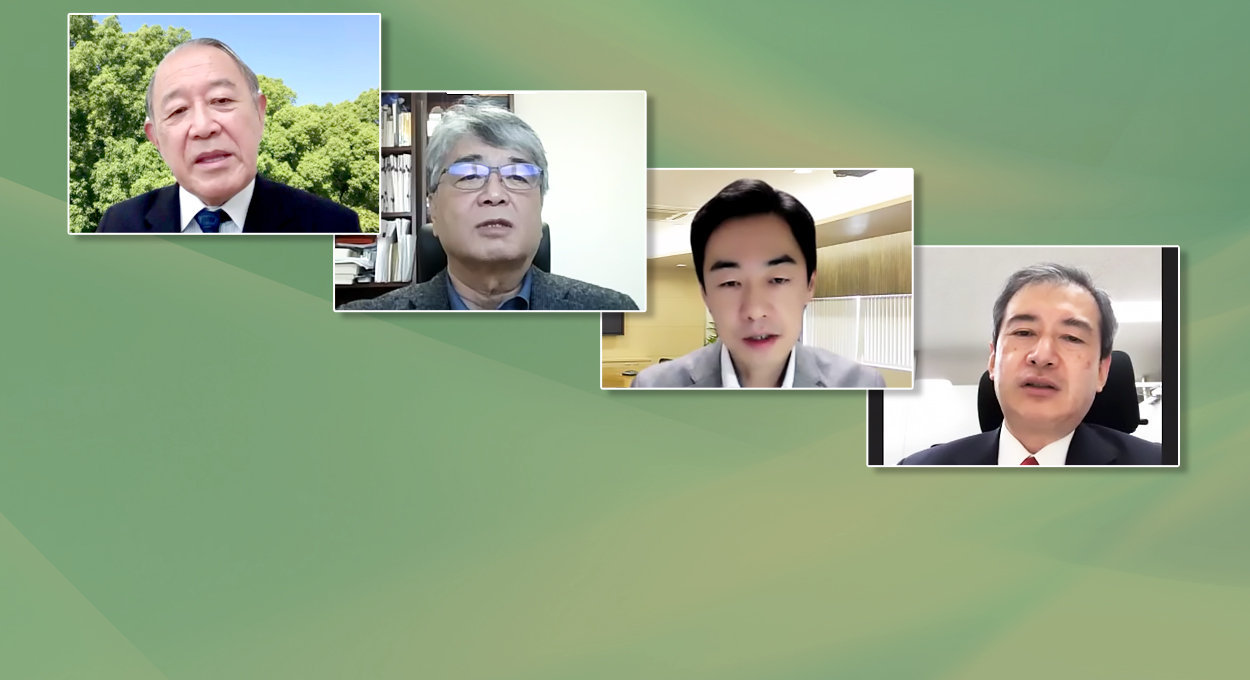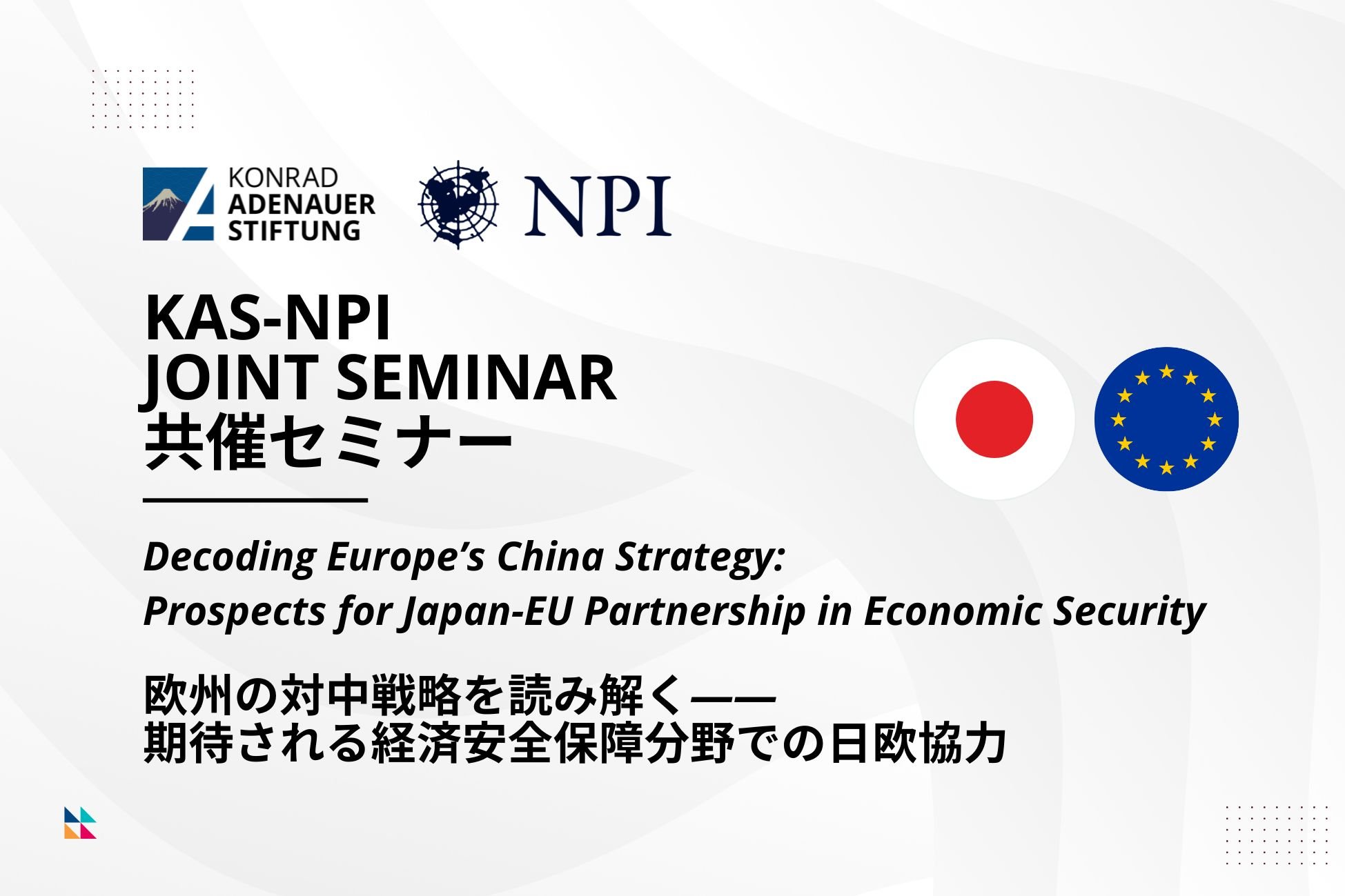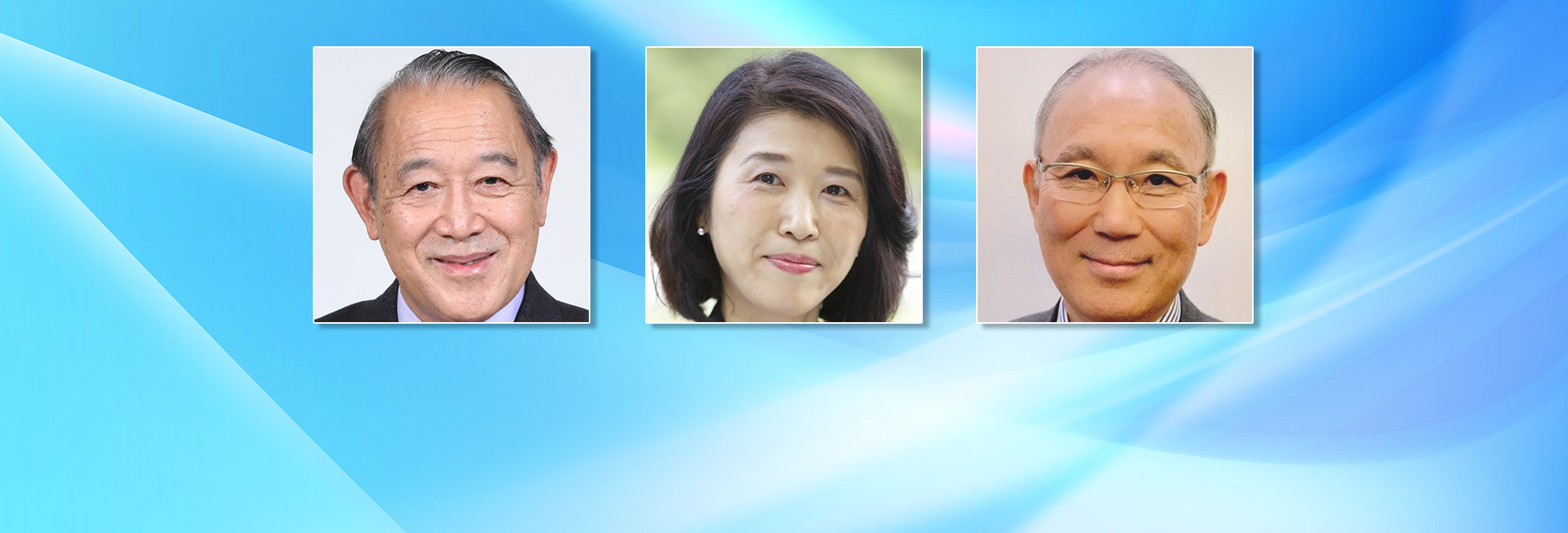2022/02/03
The November 25, 2021 session of the NPI series "Ask What You Want to Know" on "The Situation on the Korean Peninsula: Where are South Korea and North Korea Headed?"
The NPI "Ask What You Want to Know" series is a forum in which leading researchers discuss issues of current interest and field questions from the attendees. South Korea is scheduled to hold a presidential election in March 2022. There is growing interest not only in the election itself, but also in the administration's relations with Japan and changes in relations with China. North Korea has made some moves, including the launch of a new missile. The future of the U.S.-North Korea relationship is also in focus. Based on this awareness of the issues, the panelists provided commentary in response to questions from the participants.
Moderator: Fujisaki Ichiro, NPI President
Panelists:
Hirai Hisashi, Contributing Editorial Writer, Kyodo News
Nishino Junya, NPI Senior Fellow, Professor at Keio University
Commentary:
Mibae Taisuke, Deputy Director-General, Ministry of Foreign Affairs
The questions posed to the panelists on the day were organized into the following four themes.
1. Governor Lee Jae-myung is the candidate of the ruling Democratic Party of Korea, and the opposition party has chosen former Prosecutor General Yoon Suk-yeol as its candidate, and a fierce election battle is expected to go on through February 2022. Both candidates seem to be embroiled in scandals, so what is the outlook for the campaign? What are the main issues in the election campaign? Could relations with Japan and the North be points of contention?
2. What will each of the candidates' policies be toward Japan, the U.S., China, and the North if they become president?
3. Kim Jong-un's experience of dealing directly with then U.S. President Trump has led North Korea to take the attitude that it will not deal with U.S. Special Representative Sung Kim. How do you see the possibility of the U.S. and North Korea starting talks? Former Special Representative Stephen Biegun once suggested that North Korea freeze or standstill its nuclear weapons.
4. It is unlikely that North Korea will really give up its nuclear weapons and missiles, and in fact, it is unlikely that it is interested in declaring an end to the war or in security guarantees by the U.S. Apart from the political performance, can we basically assume that the stalemate will continue for the time being? Or is there a possibility of a turnaround?






